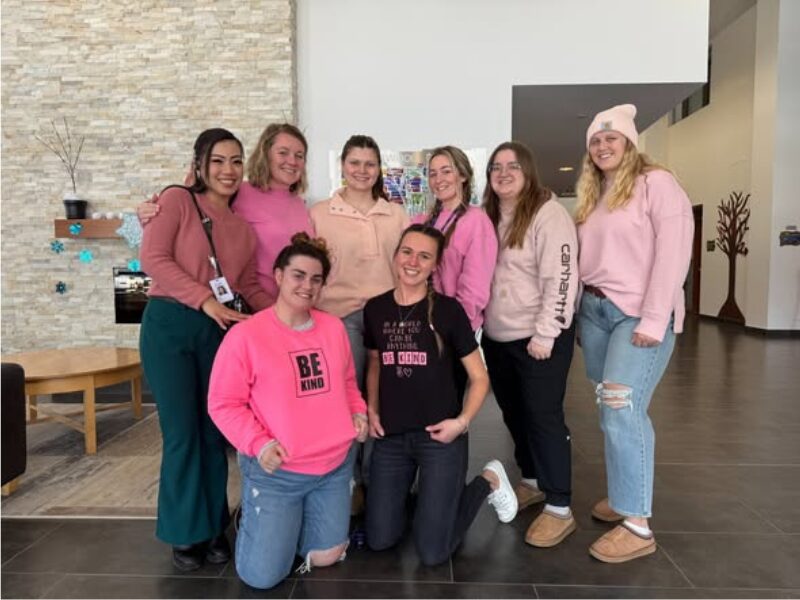Anxiety and Youth


What if worry takes over? What if it constantly pops up when there is no immediate danger? What if it stops us from living our lives? What happens when we constantly think “what if” and it stops us from living in the present moment?
Anxiety is a typical reaction to perceived danger. It tells us something potentially scary is about to happen and helps our body get ready to respond to the danger by triggering the fight-flight-freeze response. This keeps us safe and motivates us to do well. However, when there is no real or immediate danger, anxiety builds up and can cause us to feel physically ill, lead to other difficult emotions, negative self-talk, and can stop us from doing things that are important to us.
Below are some tips to try when experiencing anxiety:
- Recognizing Patterns of Anxiety. Tracking or journaling about anxiety can be helpful in realizing what triggers our anxiety, signs we are experiencing anxiety, and how we react to anxiety. Once we recognize these patterns, we are better able to stop anxiety from taking over and managing it effectively when it does.
- Relaxation Strategies. Using deep breathing, progressive muscle relaxation, and grounding with our five senses to help regulate our body’s reaction to anxiety and, in turn, help calm our minds.
- Mindfulness and Being Present. When we focus on what is happening in our body, mind, and surroundings in the present moment, it is harder to get swept up in worrying about what happened yesterday or what will happen tomorrow.
- Balance control and Letting Go. When we let go of control, accept things as they are, and recognize that worrying will not change the outcome, anxiety will go down.
- Take Care of Yourself. Keeping ourselves well fed, rested, and active on a daily basis can help prevent and manage anxiety.
To learn more about anxiety and to access free resources, visit Anxiety Canada
Instagram Feed
"The counsellor is wonderful, helped me find next steps and to be honest, made me feel better about who I am and how I'm feeling."












